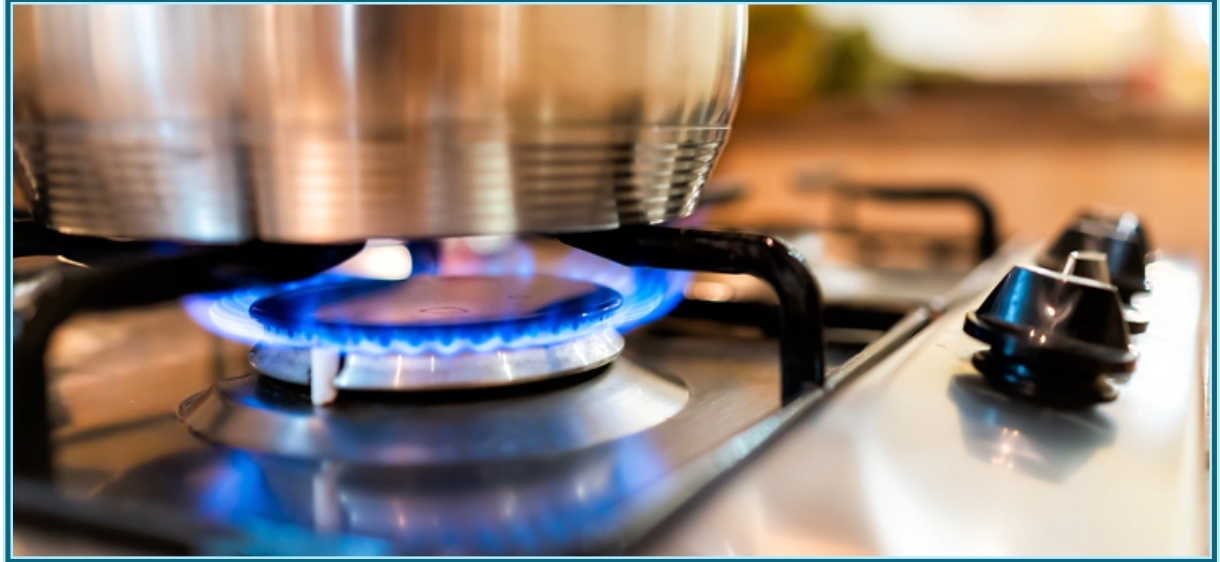Ensuring gas safety in rental properties is a crucial responsibility for landlords. It involves adhering to legal requirements and maintaining a safe environment for tenants. One important aspect to consider is the Landlord Gas Safety Certificate Cost, which reflects the expenses associated with obtaining the necessary certification. This blog explores the key aspects of gas safety that landlords need to be aware of and the legal obligations they must meet.
Importance of Gas Safety
Gas safety is essential for protecting tenants from potential hazards such as gas leaks, carbon monoxide poisoning, and explosions. A safe living environment not only safeguards tenants’ health but also helps landlords avoid legal troubles and potential fines.
Legal Requirements for Gas Safety
In the UK, the Gas Safety (Installation and Use) Regulations 1998 set out the legal requirements for gas safety in rental properties. These regulations mandate that landlords ensure their properties meet specific safety standards.
Gas Safety Certificates
Landlords are required to arrange for an annual gas safety check by a qualified Gas Safe registered engineer. This check must be completed on all gas appliances and flues within the property. After the inspection, the engineer will issue a Gas Safety Certificate, which confirms that the appliances meet the required safety standards.
Providing Gas Safety Certificates to Tenants
Once the gas safety check is complete, landlords must provide a copy of the Gas Safety Certificate to new tenants before they move in. For existing tenants, the certificate should be provided annually. It is important to keep a record of when the certificate was issued and when it is due for renewal.
Responsibilities for Maintaining Gas Appliances
Landlords must ensure that all gas appliances, installations, and flues are maintained in a safe condition. This includes regular servicing by a qualified professional. Landlords should also ensure that appliances are installed according to the manufacturer’s instructions and comply with safety standards.
Gas Appliance Installation
When installing new gas appliances, landlords must use a Gas Safe registered engineer to ensure the installation meets safety requirements. Incorrectly installed appliances can pose significant risks, so it’s crucial to hire a qualified professional.
Regular Maintenance
In addition to annual safety checks, landlords should schedule regular maintenance for all gas appliances. This helps identify and address any potential issues before they become serious problems. Regular maintenance can prevent breakdowns and ensure appliances operate efficiently and safely.
Carbon Monoxide Detectors
Carbon monoxide (CO) is a dangerous gas that is produced when gas appliances are not burning properly. It is colourless and odourless, making it difficult to detect without a CO detector. Landlords are required to install CO detectors in any room with a solid fuel burning appliance, such as a coal or wood stove.
Placement of CO Detectors
CO detectors should be installed in key locations, including the hallway outside sleeping areas and near the gas appliance. It’s important to regularly check the batteries and ensure the detectors are in working order.
Tenant Responsibilities
While landlords have a duty to provide and maintain CO detectors, tenants also play a role in ensuring they are functioning properly. Tenants should regularly check the detectors and report any issues to the landlord.
Gas Safety Records
Landlords must keep detailed records of gas safety checks and maintenance. These records should include:
- The date of each gas safety check
- The name of the Gas Safe registered engineer who carried out the check
- The details of any repairs or maintenance work performed
Keeping accurate records helps landlords demonstrate compliance with gas safety regulations and provides a clear history of maintenance for future reference.
Consequences of Non-Compliance
Failure to comply with gas safety regulations can lead to serious consequences for landlords. Penalties may include:
- Fines: Landlords who fail to meet gas safety requirements may face substantial fines.
- Legal Action: In severe cases, landlords may face legal action, which could result in imprisonment.
- Insurance Issues: Non-compliance may void landlord insurance policies, leaving landlords financially responsible for any damages or injuries.
Conclusion
Gas safety in rental properties is a critical responsibility that landlords must take seriously. By adhering to legal requirements, maintaining gas appliances, and installing necessary safety equipment, landlords can ensure a safe living environment for their tenants. Regular inspections, proper documentation, and timely maintenance are key to meeting legal obligations and avoiding potential penalties. For thorough inspections and expert advice, London Property Inspections could be a valuable resource. Ultimately, prioritizing gas safety not only protects tenants but also helps landlords maintain a positive reputation and secure their investment, If you want to stay updated with posts like this, please follow us on Infinity else.





